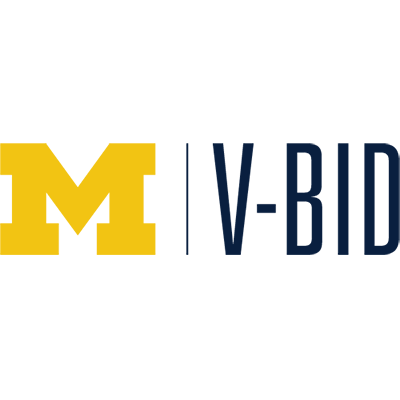
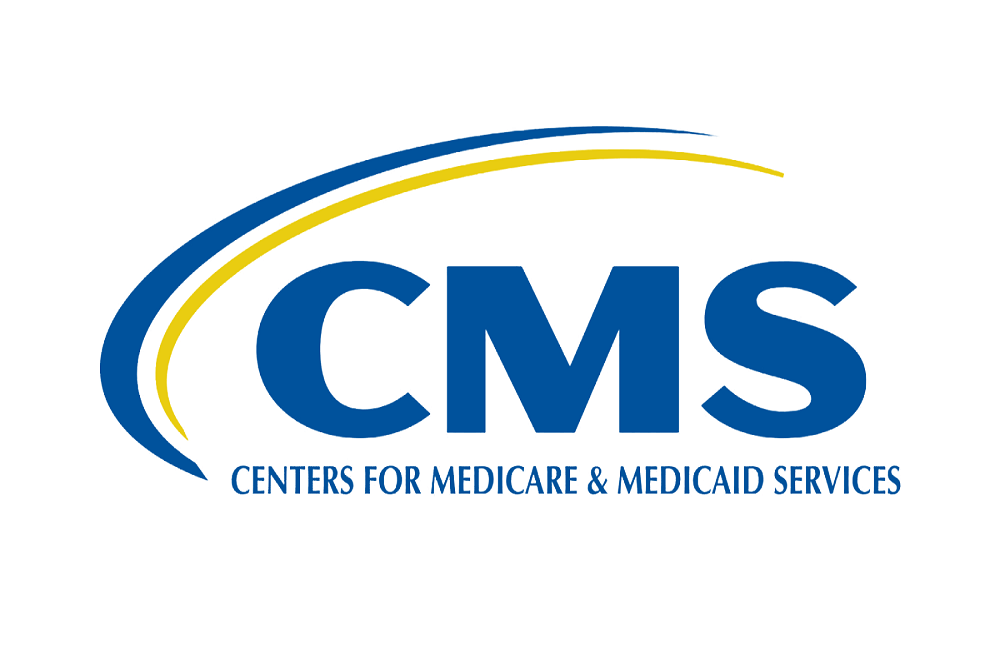
V-BID Element in Recent CMS Medicare Physician Fee Schedule Proposed Rule
In the calendar year 2022 Medicare Physician Fee schedule proposed rule, CMS proposed reducing coinsurance liability for screening colonoscopy requiring additional procedures, such as polyp removal, to zero by 2030. Currently, any polyp removal during a planned colorectal screening results in a beneficiary having to pay coinsurance, which could deter some patients from receiving high-value screening.

Biden Executive Order Suggests Implementation of Standardized Plans on the National Health Insurance Marketplace
In a July 9th executive order, the Biden administration called for the implementation of standardized options in the national health insurance marketplace as one way to promote competition in the American economy. Click here to learn more about V-BID X, a standardized plan that can serve as a template to guide incorporation of value-based principles in plan benefit design.
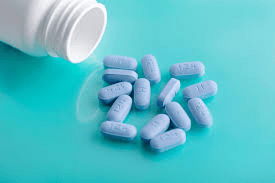
HIV Prevention Pill Must be Totally Free Under Almost All Insurance Plans
The federal government sent guidance to health insurers on July 19th clarifying that insurers must not impose cost-sharing for HIV pre-exposure prophylaxis, including clinic visits and lab tests needed to maintain a PrEP prescription. This policy is due to Section 2713 of the Affordable Care Act, which requires non-grandfathered private insurance plans to provide first-dollar coverage for preventive services.
Know someone who would benefit from the V-BID Center Updates? Please forward this message and encourage your colleagues to sign up for our newsletter on our website.

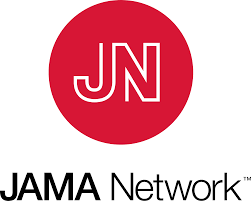
The Growing Problem of Out-of-Pocket Costs and Affordability in Employer-Sponsored Insurance
Out-of-pocket costs and financial risk have increased substantially for those with employer-sponsored health insurance, particularly because deductibles have increased by 111% from 2010 to 2020. A recent JAMA Viewpoint calls for addressing the causes of the affordability problem and limiting cost-sharing for low-income people with employer-sponsored plans.
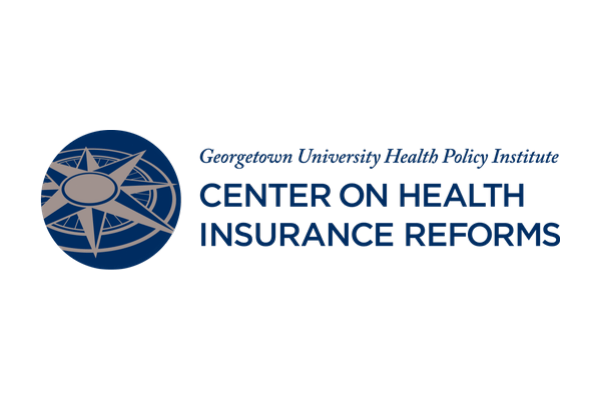
States Tackle High Out-of-Pocket Costs for Insulin but Lack Tools to Bring Drug Prices Down
A new blog post from the Georgetown University Center on Health Insurance Reforms notes that while eighteen states have enacted insulin copay caps, and seven others have legislation pending, these caps do nothing to address the underlying price of a drug. Ultimately, the problem of insulin affordability will only be solved if Congress does something about list drug prices.

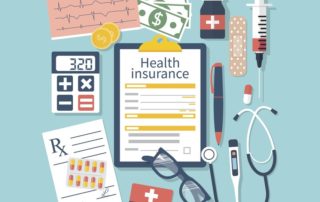
Out-of-Pocket Costs for Preventive Care Persist Almost a Decade After the Affordable Care Act
Despite a sharp reduction in out-of-pocket costs for preventive care after the implementation of the ACA, patients often still get unexpected bills after receiving preventive services. New research has found that Americans with employer-sponsored insurance were still charged between $75 million and $219 million in total for services that ought to be free to them.
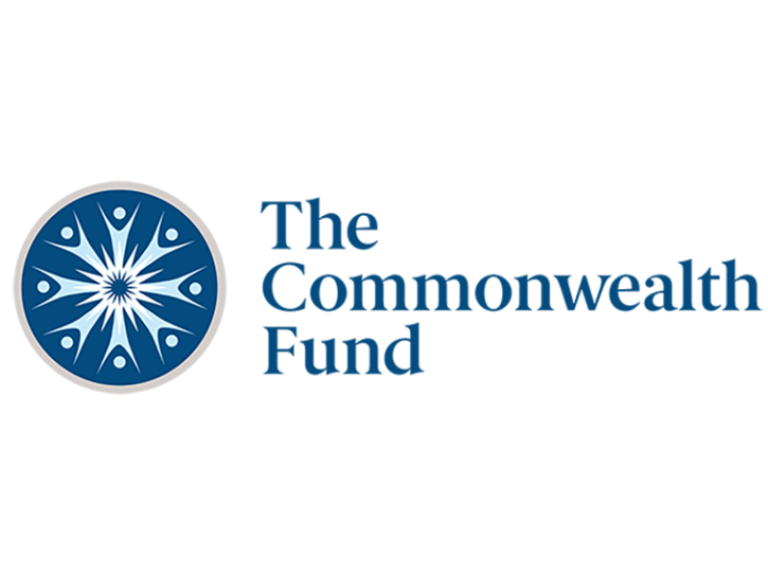
As the Pandemic Eases, What is the State of Health Care Coverage and Affordability in the United States?
More than half of those who contracted COVID-19 last year or lost a job due to the pandemic were also struggling with medical bills according to a new Commonwealth Fund study. Over half of Black individuals and nearly 45% of Latinx adults said they had problems with medical bills, compared to only one third of white adults.

Smart Default Enrollment Policies Under the ACA Can Help Consumers Save
A recent JAMA Health Forum study found that a smart default enrollment policy that automatically shifts low-income consumers to health insurance marketplace plans with lower cost-sharing would decrease monthly costs by more than $100. Policymakers should consider implementing smart defaults for future marketplace automatic enrollment.
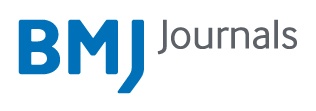
Systematic Review of Clinician-Directed Nudges in Health Care Costs
A systematic review of studies testing nudges to shape clinician decision making determined that nudges that frame information, change default options, or enable choice show promise in improving clinical decision making.

Millions of Medicare Part D Enrollees Have Had Out-of-Pocket Drug Costs High Enough to Exceed the Catastrophic Threshold
Nearly 3 million Medicare Part D enrollees had out-of-pocket drug spending above the catastrophic threshold in a recent five-year period. Proposals to cap what beneficiaries pay could add costs to Medicare programs, unless they are combined with other policies to lower Medicare drug spending.
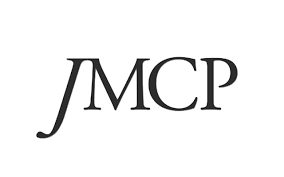
Impact of Financial Medication Assistance on Medication Adherence: A Systematic Review
Findings from a recent systematic review suggest that financial medication assistance, such as patient assistance programs, has positive impacts on all phases of medication adherence and medication persistence over one year.
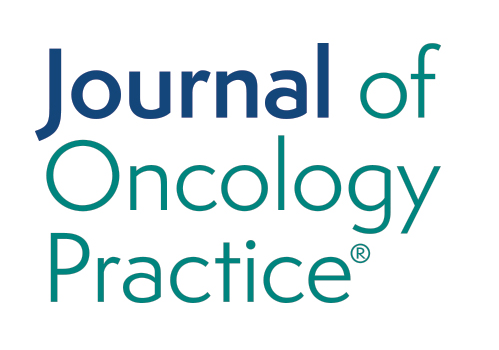
Financial Toxicity During Breast Cancer Treatment: A Qualitative Analysis to Inform Strategies for Mitigation
Interviews with patients who received financial assistance during breast cancer treatment revealed that expectations for treatment costs affected both patients’ objective financial burden and subjective distress. Insights from individuals who experience financial toxicity can provide valuable guidance for developing future programs to mitigate financial burdens for patients.

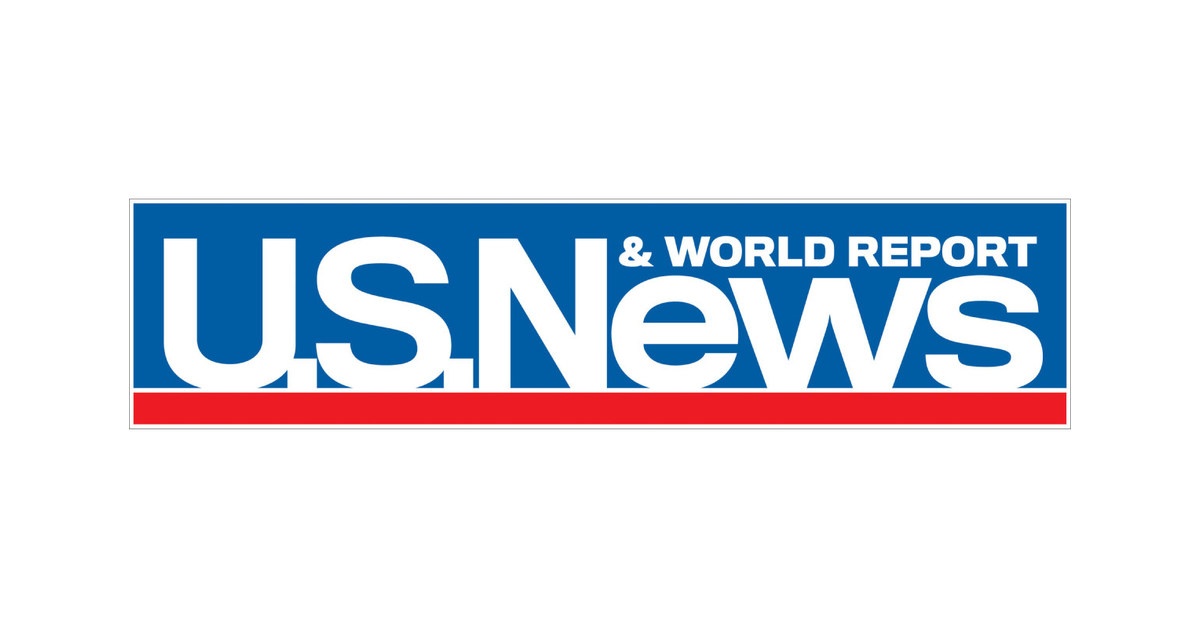
High Deductibles Keep Folks with Chest Pain from Calling 911
Plans with high out-of-pocket costs put patients with chest pain in a difficult spot of balancing their financial well-being against the potential risk of significant heart disease. A new study shows that a $1,000 or higher health insurance deductible may deter those who may be experiencing a heart attack from seeking care.
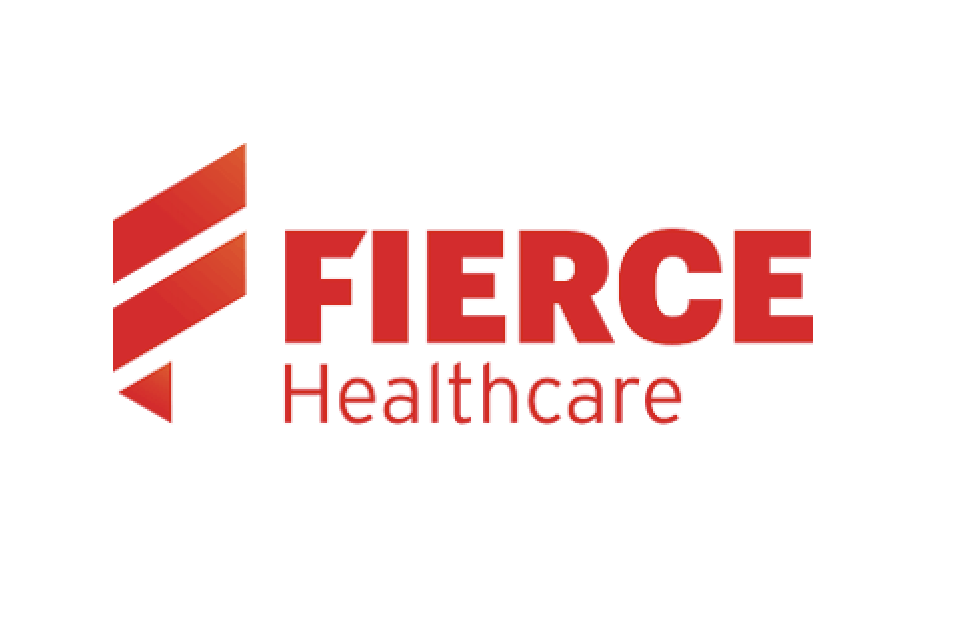
Why Policymakers Should be Watching Switzerland's High-Deductible Health Plans
High deductibles can still negatively impact people in countries with universal coverage. Researchers have determined that Swiss patients with high deductibles were more likely to forgo care than other patients, even within a system that offers universal coverage with good population health outcomes. Policymakers should keep these findings in mind as they seek to curb rises in American health care costs.
Please Help Support the V-BID Center
As a non-profit entity, the V-BID Center relies on fundraising to support our research, education, and policy efforts. Please help us continue our work by donating here. We truly appreciate your consideration.


